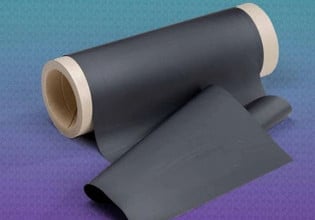Maxwell to Develop Ultracapacitor/Lithium-ion Battery for Stop-Start Autos
Maxwell Technologies, Inc. announced today that it has been awarded a $2.68 million cost-shared technology development contract by the United States Advanced Battery Consortium LLC (USABC) to develop a high-performance hybrid ultracapacitor/lithium-ion battery for stop-start idle-elimination microhybrid autos. Maxwell, which will provide 51 percent of the program funding, is tasked with demonstrating the technological and economic feasibility of a 12-volt hybrid energy storage system consisting of lithium-ion batteries and Maxwell ultracapacitors that can meet stop-start auto performance specifications established by USABC. Of particular interest are ultracapacitors' high power density, long operational lifetime, low-temperature performance and influence on battery performance and lifetime.
USABC is a subsidiary of the United States Council for Automotive Research LLC (USCAR), the collaborative automotive technology organization for Chrysler Group LLC, Ford Motor Company and General Motors. With funding provided by the U.S. Department of Energy, USABC's mission is to develop electrochemical energy storage technologies that support commercialization of electric, hybrid-electric and fuel cell vehicles.
Unlike batteries, which produce and store energy by means of a chemical reaction, ultracapacitors store energy in an electric field. This electrostatic energy storage mechanism enables ultracapacitors to charge and discharge in as little as fractions of a second, perform normally over a broad temperature range (-40 degrees to +65 degrees C), operate reliably through one million or more charge/discharge cycles and resist shock and vibration.
"High-performance, low-cost energy storage systems will be instrumental in meeting growing worldwide demand for more fuel-efficient, lower-emission vehicles," said Dr. Franz Fink, Maxwell's president and chief executive officer. "The hybrid battery this program aims to create could be instrumental in strengthening U.S. automakers' competitive position within a global auto industry that annually produces more than 60 million cars."






